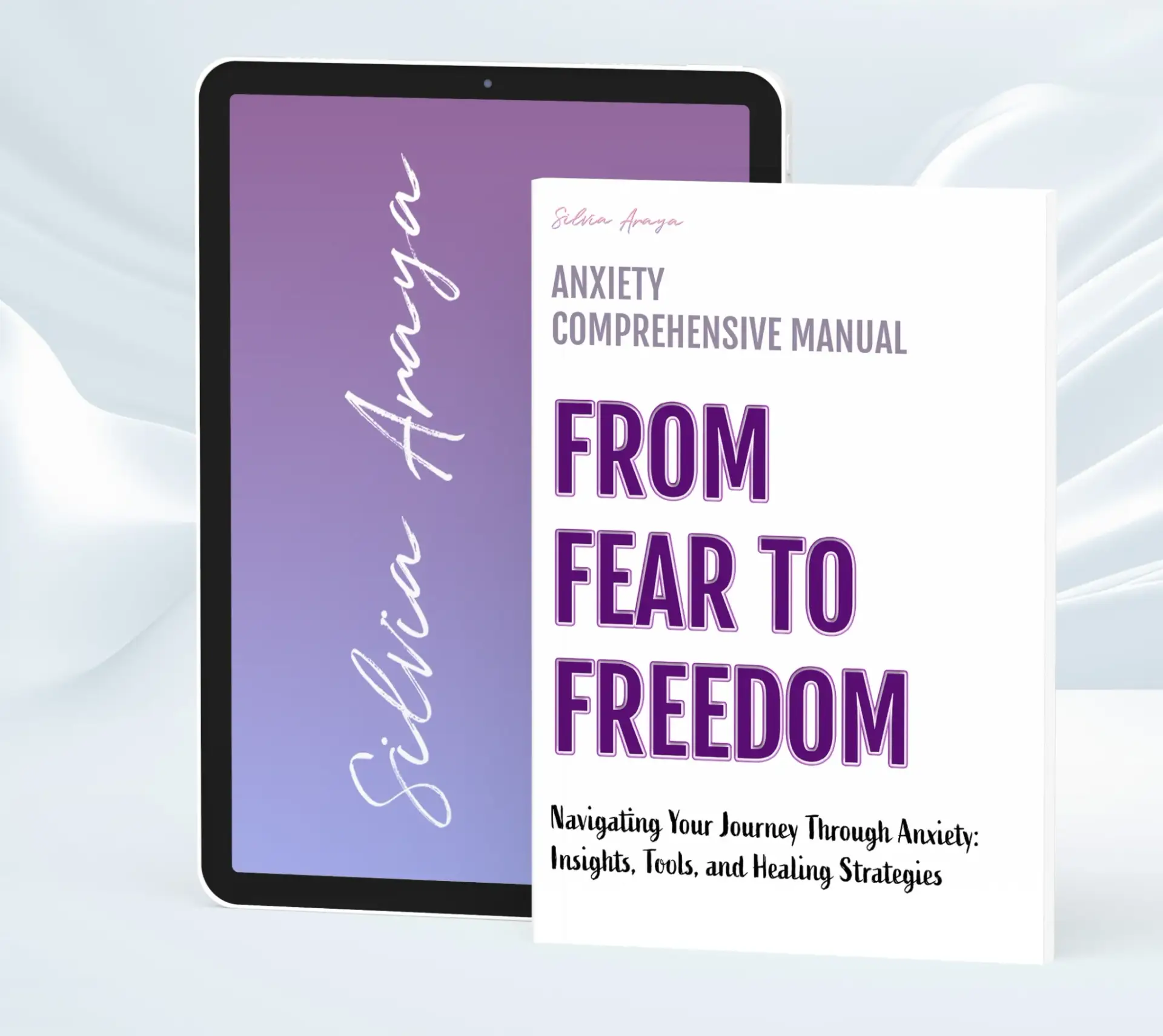Trauma is a prevalent yet often overlooked issue that impacts individuals in various ways. By delving into the statistics surrounding trauma, we gain valuable insights into its far-reaching effects on mental health and well-being. Let’s explore some eye-opening statistics that shed light on the profound impact of trauma:
1. Prevalence of Trauma
Studies indicate that approximately 70% of adults in the United States have experienced at least one traumatic event in their lives.
2. Impact on Mental Health
Individuals who have experienced trauma are at a higher risk of developing mental health conditions such as post-traumatic stress disorder (PTSD), depression, and anxiety. In fact, research shows that trauma survivors are four times more likely to develop PTSD than those who have not experienced trauma.
3. Effects on Relationships
Trauma can significantly impact an individual’s ability to form and maintain healthy relationships. Studies reveal that survivors of childhood trauma are more likely to experience difficulties in interpersonal relationships later in life.
4. Physical Health Consequences
The effects of trauma extend beyond mental health, with research linking trauma to an increased risk of chronic health conditions such as cardiovascular disease, diabetes, and autoimmune disorders.
Personal Experiences:
– Sarah, a trauma survivor, shares her journey of overcoming past traumas and rebuilding her life through therapy and a strong support system.
– Mark recounts how trauma from his military service affected his mental health and relationships, highlighting the importance of seeking help and treatment.
By shedding light on the untold statistics of trauma and sharing personal narratives, we aim to raise awareness, promote healing, and encourage support for those affected by trauma. Together, we can create a more empathetic and understanding community that supports individuals on their journey toward healing and recovery.s







